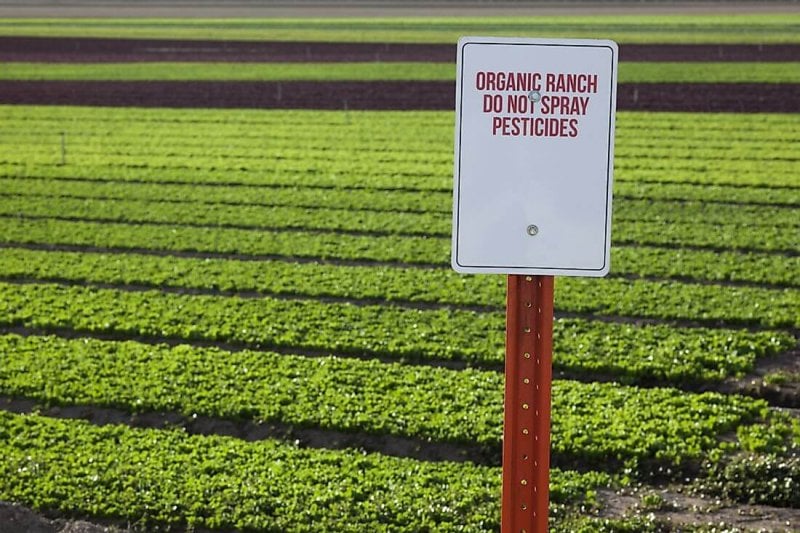Organic agriculture is highly inefficient, producing roughly 40% less food than conventional farming on the same amount of acreage. One consequence is that food prices are rapidly rising – up 100% in the past 20 years, according to the FAO.
The problem with organic farming, however, isn’t just the cost of food. It’s the damage to the climate – an issue that COP 26, the U.N. climate change conference in Glasgow last year, blithely ignored – even though agriculture is responsible for about 25% of global greenhouse gas emissions, according to Stanford University scientists.
Still, millions of people, especially in the U.S. and Europe, have a preference for food grown with natural pesticides and fungicides. But in making that choice, they need to recognize that they are threatening the climate.
A 2019 Nature article, by Laurence Smith of the Royal Agricultural University in the U.K. and colleagues, demonstrated that “widespread adoption of organic farming practices would lead to net increases in GHG [greenhouse gas] emissions as a result of lower crop and livestock yields and hence the need for additional production and associated land use changes overseas.”
Unfortunately, the European Union ignored this substitution effect when it set a target of placing “at least 25% of the EU’s agricultural land under organic farming…by 2030.” That’s a tripling.
































